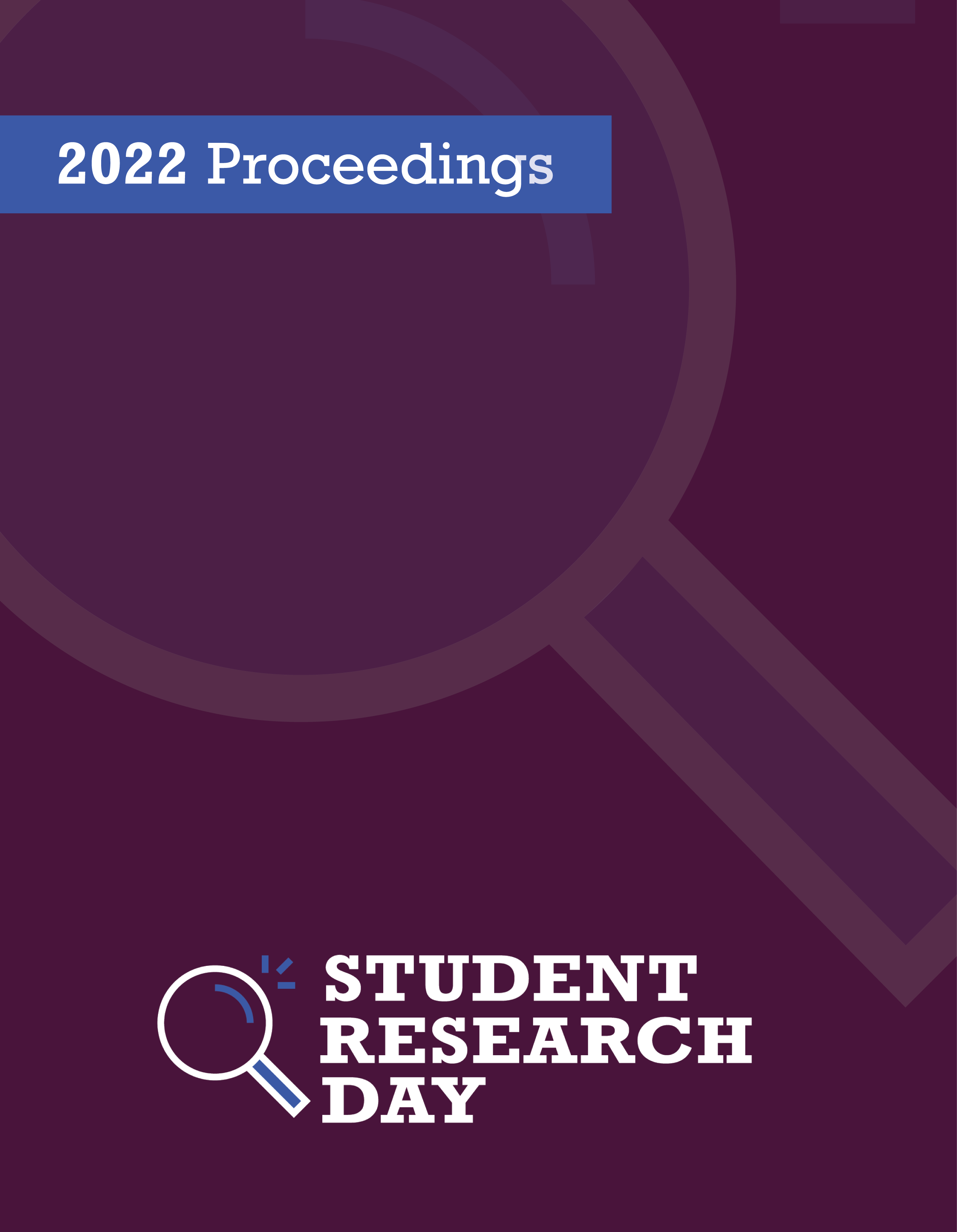Sensitivity in Face Perception with Masked Stimuli
Abstract
The use of face masks during the pandemic has been common in nearly all public interactions. Along with being a protective barrier against the virus, masks also act as a visual barrier that blocks the reception of critical social information. A recent study conducted by Freud et al. (2020) examined the effect of masks on facial recognition. They found that recognizability of masked faces was markedly lower regardless of whether the face was masked during memorization or recollection. Masks were found to inhibit recognizability akin to an inverted face. Face inversion is known to disrupt holistic processing, inhibiting face recognition. The decrease in recognizability of masked faces indicates that masks could disrupt holistic processing. This study examined if masked faces are more recognizable when they are moving (dynamic). Participants were presented with 10 masked or unmasked faces for memorization. The faces were either static or dynamic, which was counterbalanced across participants. The recognition test included 10 old and 10 new faces and participants made forced-choice “old/new” judgements. We hypothesized that dynamic faces would significantly improve the recognition of masked faces, more so than unmasked faces. This would suggest that moving faces could improve holistic processing by affording more visual information to the perceiver about the occluded face (dynamic masked faces could convey concealed facial dimensions).
Preliminary data confirms that recognition of dynamic masked faces was faster and more accurate than static masked faces, allowing for the guarded conclusion that motion is an element used to encode and recognize faces.
Department: Psychology
Faculty Mentor: Dr. Michelle Jarick
References
Published
Issue
Section
License
Authors retain any and all existing copyright to works contributed to these proceedings.



